Faced with doubts about Japan's rapprochement with NATO following news that NATO plans to open a representative office in Tokyo, Prime Minister Kishida Fumio has rejected the possibility of the country joining NATO, whether as a member or a semi-member.
Despite recent signs of warming relations between Japan and NATO, membership in the alliance remains a distant possibility. The plan to open a NATO liaison office in Tokyo may be seen as a suitable step in the context of the two sides upgrading their security cooperation in the new situation. But this does not mean that Japan will be able to become a member of this military alliance.
In the context of Russia and China opposing NATO's moves in Asia, Japan will have to be more cautious in its related decisions, because otherwise it may create a confrontational situation that is unfavorable for regional stability.
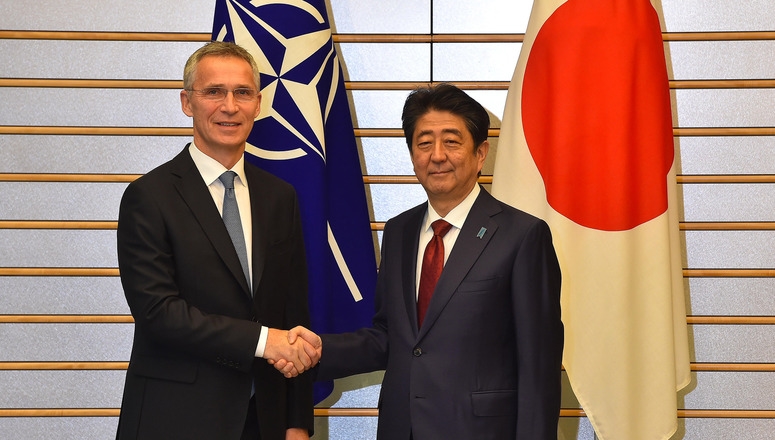 |
| NATO Secretary General Jens Stoltenberg and Japanese Prime Minister Fumio Kishida during a visit to Japan in January 2023. Photo: Nato.int |
However, Japan and NATO have recently moved closer together amid shared security concerns regarding the Indo -Pacific region and the conflict in Ukraine. According to Prime Minister Kishida, Japan will not seek NATO membership despite Tokyo's continued cooperation with the alliance in recent years.
Allowing the opening of a NATO office in Tokyo may be an option for Japan to promote a closer relationship with NATO without causing adverse reactions in the region. Recently, the world has witnessed landmark changes in Japan's defense and security policies, including the adoption of the "National Security Strategy", "National Defense Strategy" and "Defense Capacity Enhancement Program" with the clear goal of strengthening military power and defense capabilities. The presence of such a NATO agency in Tokyo would, in some aspects, be in line with the defense and security goals that Japan is pursuing, as it would contribute to strengthening cooperation between Japan and the NATO military alliance, for the benefit of both sides.
But it is not yet clear what the specific role of the NATO liaison office in Japan will be, how it will operate, and how it will relate and cooperate with the host country, as the two sides are still discussing NATO's plans. If established, this will be NATO's first office in Asia, aiming to facilitate consultations between NATO and its regional allies such as Australia, New Zealand and South Korea. Sources cited by Nikkei Asia said that NATO may send a military attaché to Japan to facilitate consultations with allied officials.
According to Kyodo, Prime Minister Kishida is expected to have a bilateral meeting with NATO Secretary General Jens Stoltenberg on the sidelines of the NATO Summit in July to discuss plans to open a NATO liaison office in Tokyo. Japanese Prime Minister Kishida confirmed NATO's proposal to open a representative office in Tokyo. He also added that the issue will be discussed in the Diet and no decision has been made yet.
For NATO, the plan to open an office in Tokyo reflects the alliance’s ambitions as it has in recent years openly sought to position itself in Asia by improving ties with its allies in the region. Last summer, NATO invited several Indo-Pacific countries to its summit for the first time. Japan, South Korea, New Zealand and Australia are expected to attend the NATO summit in July.
On the Japanese side, Japanese Foreign Minister Yoshimasa Hayashi affirmed that Tokyo and NATO have a long-standing relationship. This relationship is witnessing strong developments with the visit to Japan of NATO Secretary General Jens Stoltenberg last January.
During the visit, the Japanese Prime Minister said that Japan will establish a permanent Japanese delegation at NATO headquarters this year to promote specific cooperation activities. According to Foreign Minister Yoshimasa Hayashi, Tokyo's request for NATO to open a liaison office in Japan is to deal with emerging security challenges in the region. The conflict in Ukraine has had a cross-border impact in Europe, making the world more unstable, thereby forcing Japan to recalculate its security posture in the region.
The current closer cooperation with NATO is suitable for Tokyo to realize the goal of diversifying military cooperation relations, seeking new military partners in the region as well as in the world. Joining NATO is not necessary, at least at the present time, because bilateral cooperation on the basis of equal partnership and mutual benefit will help Tokyo be more autonomous and free in its decisions and steps instead of being bound by the regulations of the alliance. Not to mention that this step can change the security structure that has been shaped in the Asia-Pacific region in which Japan plays a prominent role.
MAI NGUYEN
Source








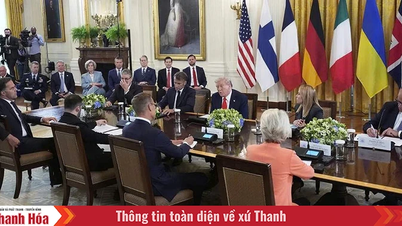



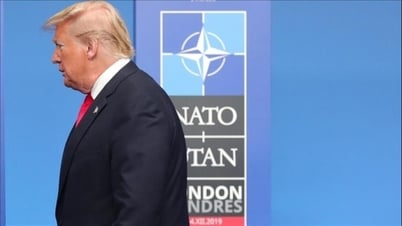

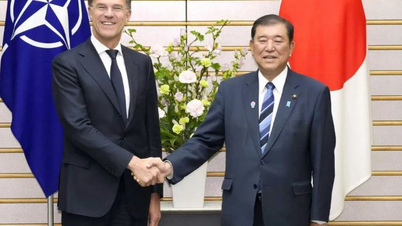

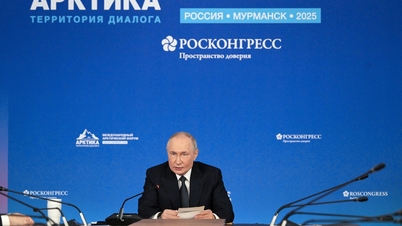






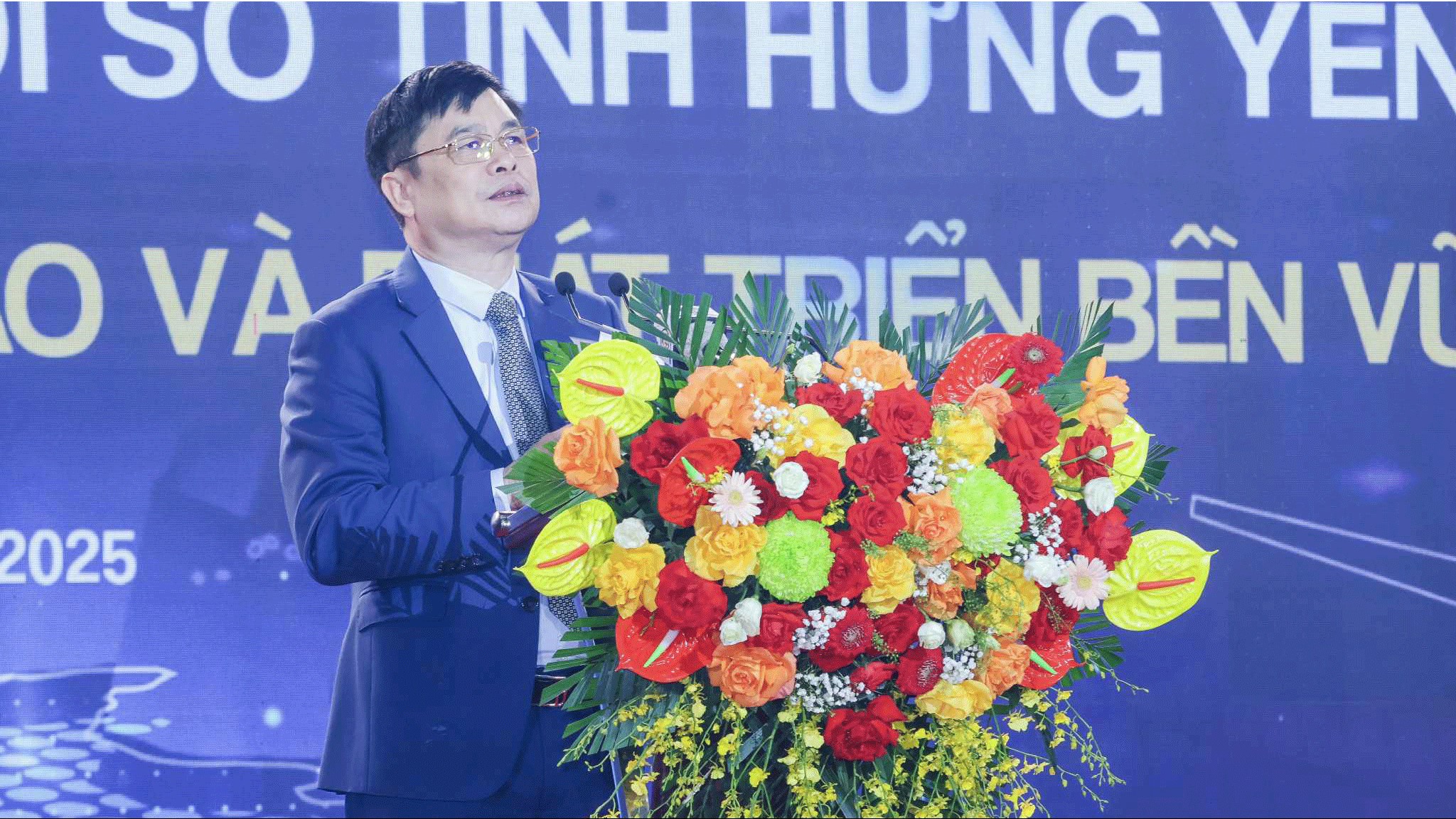

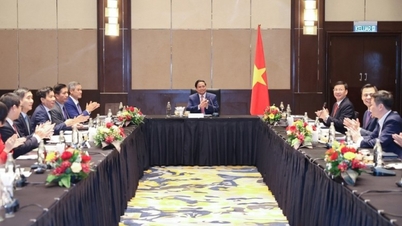





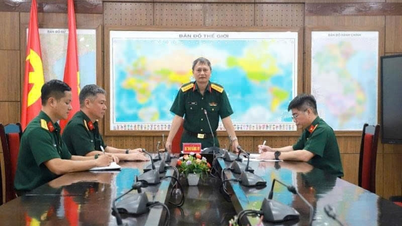

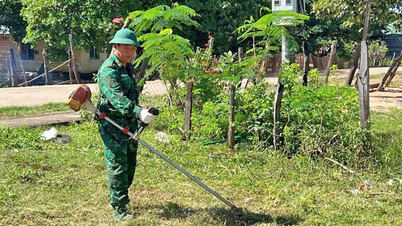


































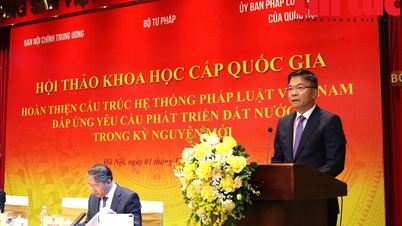




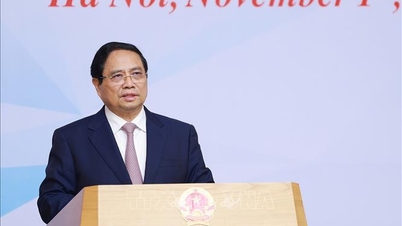
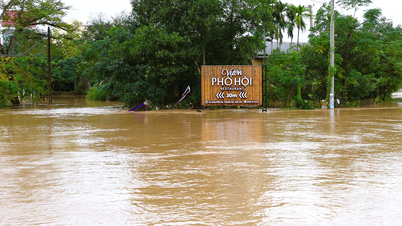








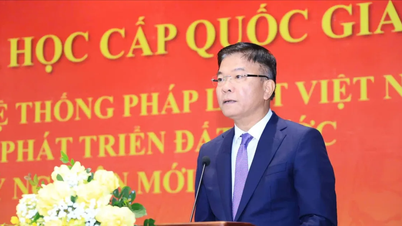


























Comment (0)